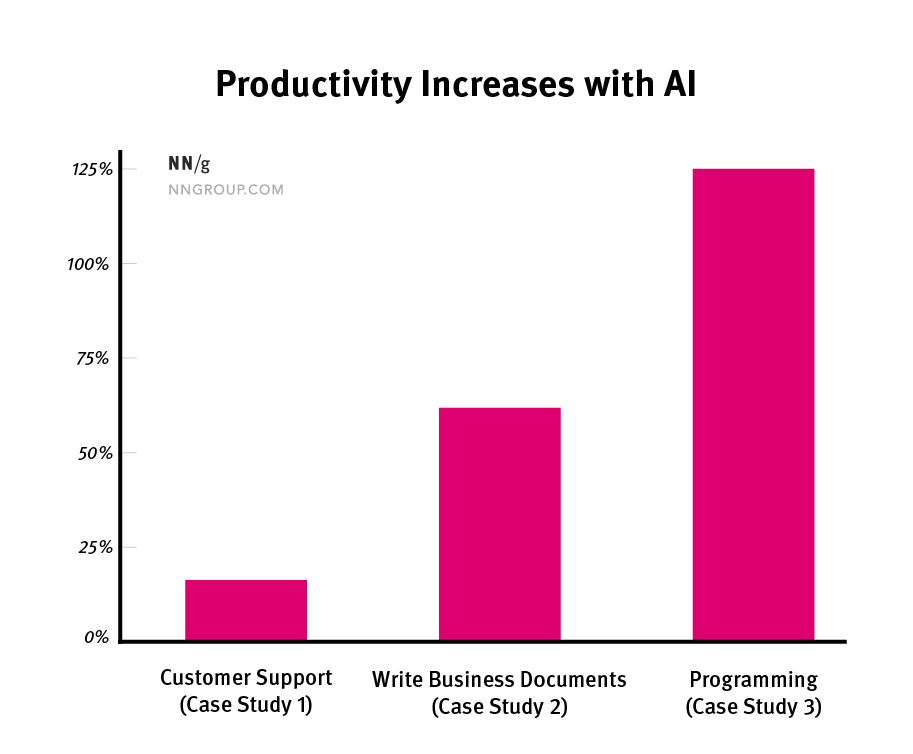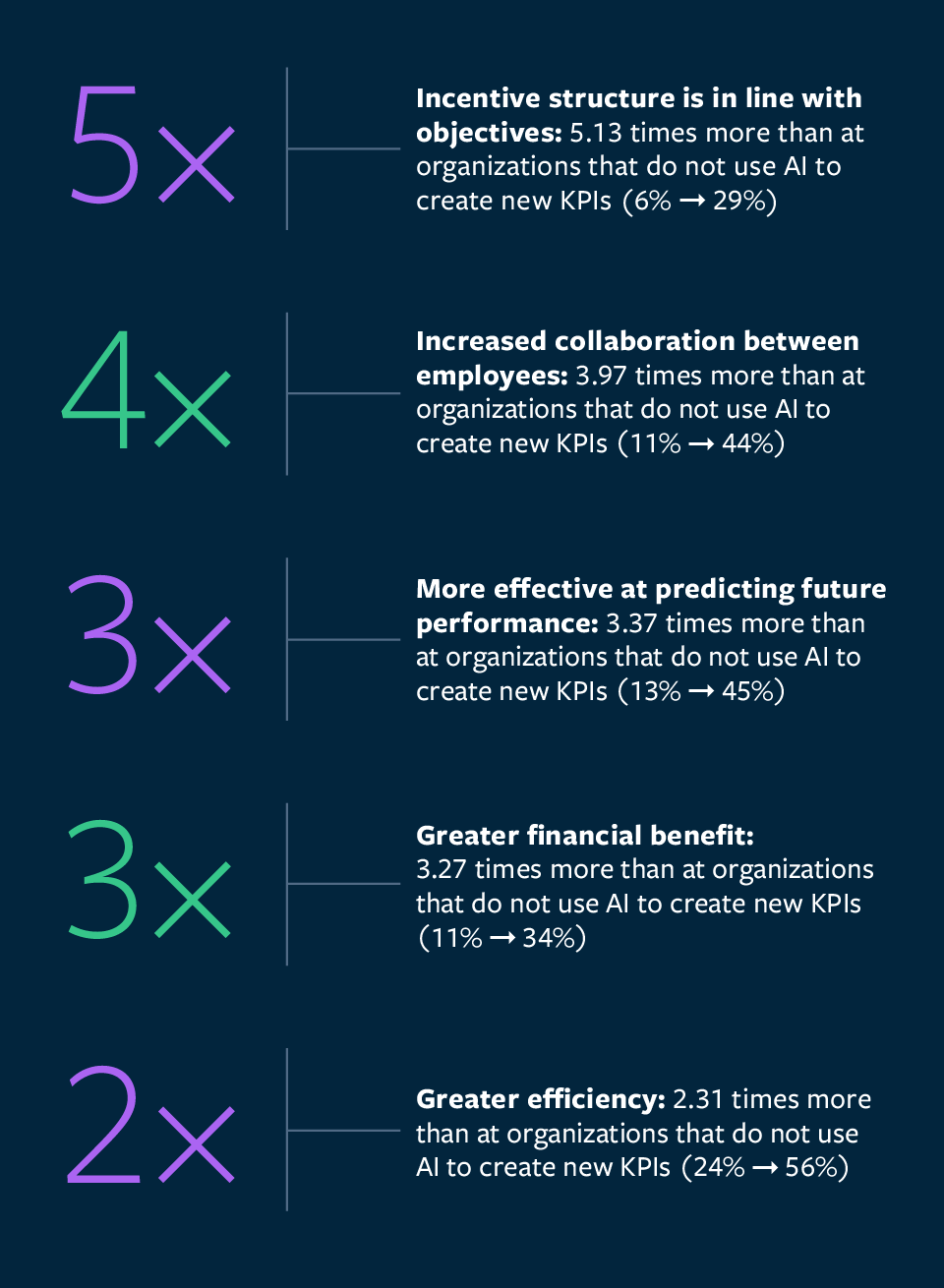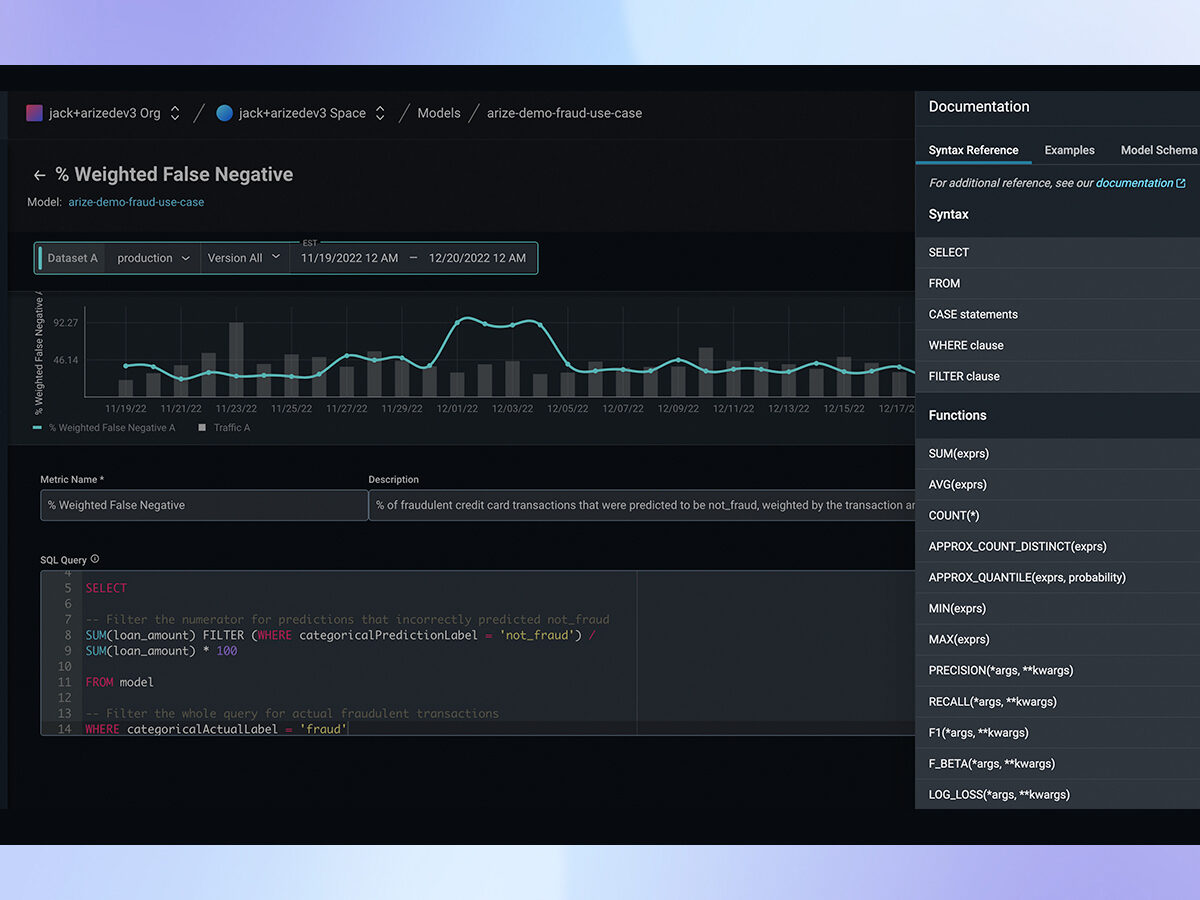Artificial Intelligence (AI) has become essential for modern businesses aiming to enhance efficiency and profitability. In this guide, you will learn how to maximize your return on investment (ROI) through effective AI implementations. As a business professional in tech, you might have questions about which tools are crucial, how to integrate AI with existing systems, and the overall impact of AI on your operations. This article aims to answer these questions by providing a clear and thorough overview of how AI can improve business outcomes.
Statistics indicate that 92% of large companies see positive returns from their AI investments. With strategic adoption, AI can not only improve operational efficiency but also enhance customer experiences, making it a critical consideration for tech-driven enterprises.[7] In the following sections, we will define ROI in the context of AI, highlight essential tools for optimization, and explore effective integration strategies. Additionally, we will address ethical considerations and performance metrics that influence the effectiveness of your AI initiatives.
By effectively utilizing AI, you can harness technology to boost your business. Let’s delve into the key aspects of maximizing ROI with smart AI systems.
Understanding AI's Profit Potential
ROI is a crucial metric for evaluating your investments in AI technologies; it assesses the financial returns relative to the costs incurred in implementing and maintaining these systems. Today, AI adoption rates are on the rise, and 92% of large companies report achieving positive returns on their investments, underscoring the effectiveness of strategic AI implementations.
AI adoption varies across industries. For example, in healthcare, 72% of organizations have adopted some form of AI as of 2024, with 90% of executives reporting positive ROI from generative AI investments. Furthermore, companies that allocate substantial resources to AI see a 40 percentage point gap in success rates compared to those investing less.
Visual representation of AI ROI trends (Source: Arize AI)
Understanding the intricacies of AI ROI allows you to make informed, data-driven decisions that can significantly enhance your business outcomes.
The Essential AI Toolkit for Business Success
To fully leverage the capabilities of AI, you need to adopt the right tools that drive performance and efficiency. Critical tools include generative AI, predictive analytics, and automation technologies. Research shows that 71% of organizations regularly use generative AI in at least one business function, highlighting its importance.
Predictive analytics, for instance, plays a significant role in increasing customer satisfaction; 42% of healthcare leaders who adopt these technologies report measurable improvements. Additionally, automation technologies streamline business processes, reducing manual labor and increasing accuracy and efficiency.
 Infographic comparing AI tools (Source: MarketingProfs)
Infographic comparing AI tools (Source: MarketingProfs)
Incorporating these essential tools into your strategy can optimize ROI and enhance overall operational performance.
Effective Integration of AI into Your Business
Integrating AI into existing systems can be challenging but is crucial for sustainable success. A thoughtful approach should involve redesigning workflows, ensuring strong governance, and actively engaging leadership in decision-making. According to a recent study, 49% of technology leaders reported that AI is fully integrated into their core business strategies as of October 2024.
Strategic integration emphasizes the need to start with pilot projects or quick wins. Organizations that clearly define their AI strategy and identify specific use cases tend to achieve significantly better ROI, enjoying up to a 40 percentage point advantage.
Flowchart showing AI integration (Source: ResearchGate)
Following a thoughtful integration plan will help you enhance the impact of AI initiatives on your organization.
Enhancing Productivity with AI
Numerous case studies illustrate how AI significantly boosts productivity across various sectors. For instance, AI-assisted surgeries have been shown to reduce hospital stays by over 20%, which could save healthcare providers roughly $40 billion annually. Moreover, studies indicate that AI has increased customer service representatives’ productivity by an impressive 14%.
In the finance sector, AI tools enable analysts to process large data sets quickly, allowing for more informed decision-making. Companies increasingly rely on AI to streamline operations and provide timely insights, ensuring they maintain a competitive edge.
 Chart depicting productivity increases with AI (Source: Nielsen Norman Group)
Chart depicting productivity increases with AI (Source: Nielsen Norman Group)
The evidence clearly shows that AI can enhance efficiency and productivity in your business operations.
Navigating Ethical Considerations in AI Implementation
As AI technologies continue to evolve, addressing ethical considerations is vital. Ensuring fairness, accountability, and transparency in your AI strategy will facilitate trust and support long-term success. According to research, 80% of business leaders view ethical issues, such as explainability and bias, as significant barriers to AI adoption.
Integrating ethical frameworks into your AI practices can lead to more sustainable ROI. For example, 90% of healthcare executives who prioritize ethical AI practices report achieving positive returns from generative AI investments. Companies like Fidelity Investments have implemented centralized AI ethics programs to improve customer trust and business outcomes.
 Infographic detailing ethical AI principles (Source: Fintech News)
Infographic detailing ethical AI principles (Source: Fintech News)
By committing to ethical AI practices, you position your business for long-term success while reducing potential risks.
Measuring the Success of AI Initiatives
Measuring the success of your AI investments requires well-defined metrics and effective data governance. Establishing key performance indicators (KPIs) for evaluating AI outcomes allows you to monitor effectiveness and inform future strategies. Research indicates that companies with robust data governance frameworks achieve superior AI outcomes.
When measuring the impact of AI, focus on KPIs such as cost savings, increased productivity, and customer satisfaction metrics. Regularly reporting on these metrics empowers you to make data-driven decisions that enhance operational efficiency.
 Graphic showcasing AI performance metrics (Source: MIT Sloan Management Review)
Graphic showcasing AI performance metrics (Source: MIT Sloan Management Review)
Incorporating reliable measurements ensures continuous improvement and adaptation of your AI initiatives.
Looking Ahead at Future Trends in AI
Looking toward the future, AI adoption will likely continue to flourish, with emerging technologies poised to drive significant growth. Advances in generative AI and automation could foster labor productivity growth of 0.1 to 0.6% annually through 2040.
Investing in these technologies and staying informed about industry trends will enable you to capitalize on opportunities as they arise. A commitment to continuous learning will help you maintain a competitive edge in your sector.
 Graph predicting future AI adoption rates (Source: Coolest Gadgets)
Graph predicting future AI adoption rates (Source: Coolest Gadgets)
By keeping up with emerging trends, you can make proactive decisions that shape your organization’s future with AI.
Conclusion
Maximizing ROI with smart AI systems is essential for businesses today. By embracing the right tools, integrating AI thoughtfully, and considering ethical implications, you can significantly enhance your operational efficiency and profitability.
As you navigate this complex landscape, focus on building a solid foundation through data management, continuously measuring your impact through well-defined metrics. The journey may present challenges, but the rewards—both in productivity and profitability—are substantial.
By following the guidelines outlined in this article, you can strategically harness AI to ensure your business remains at the forefront of technological innovation.

Comentários (0)
Entrar para participar da discussão ou .